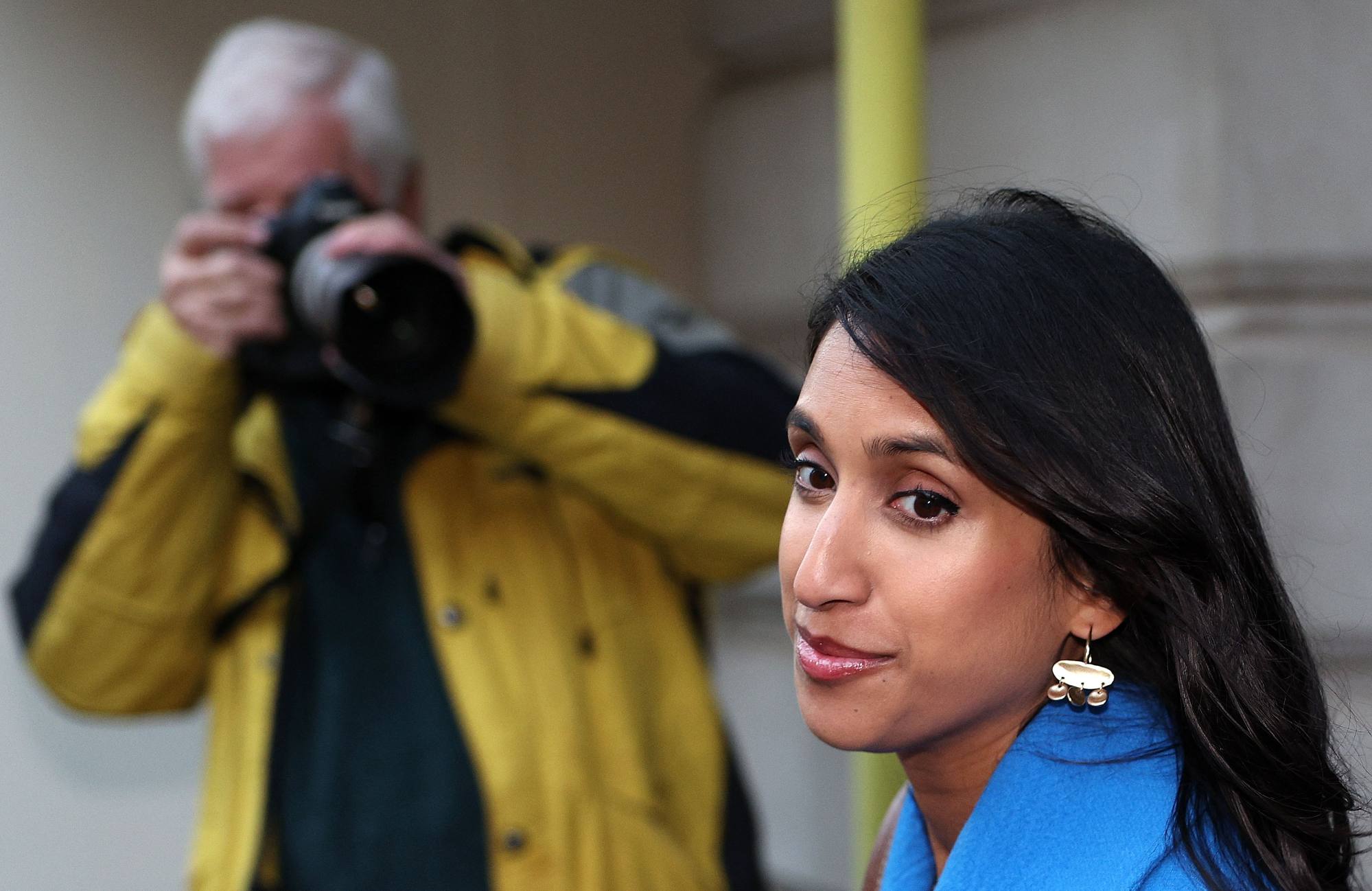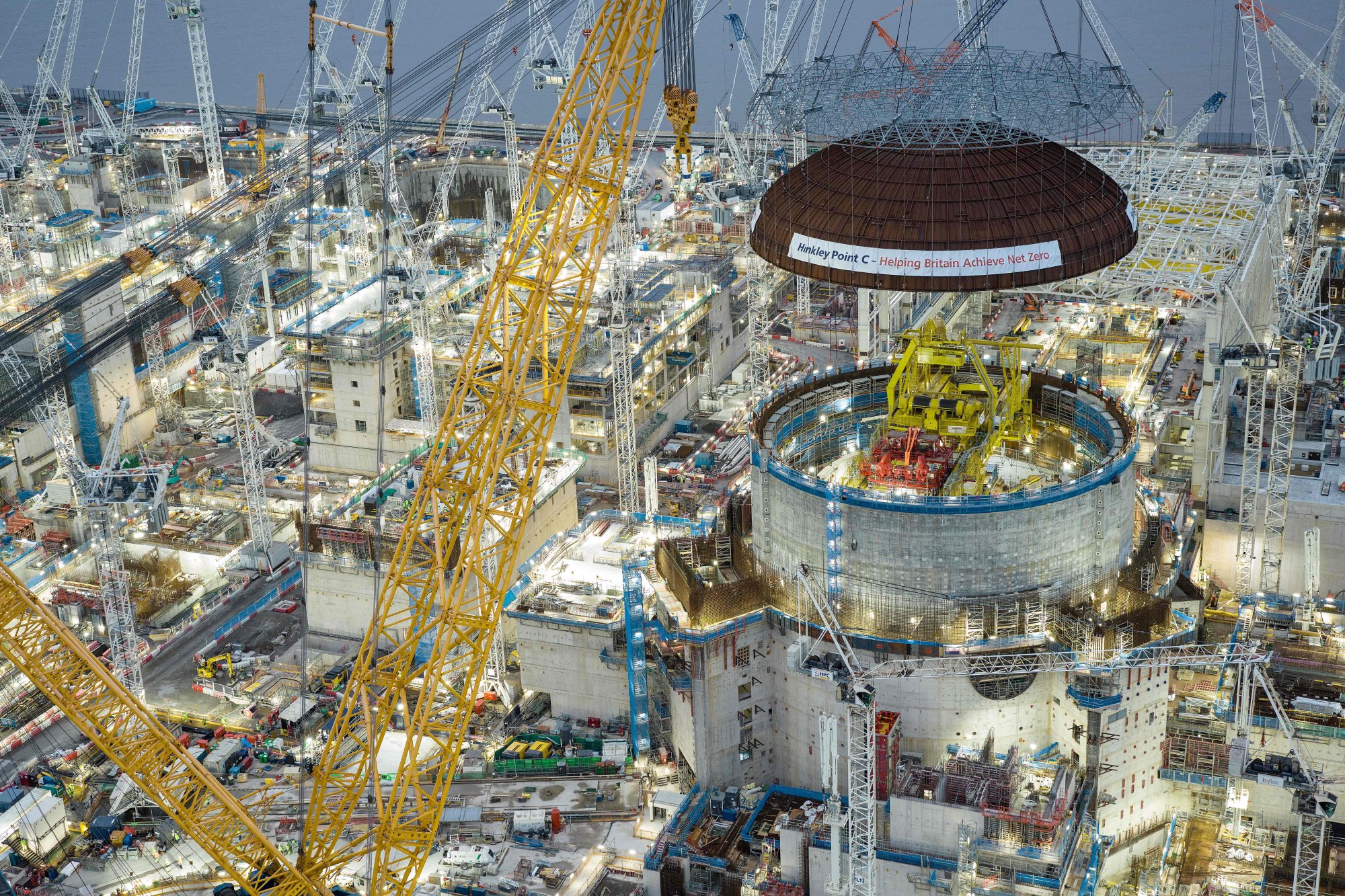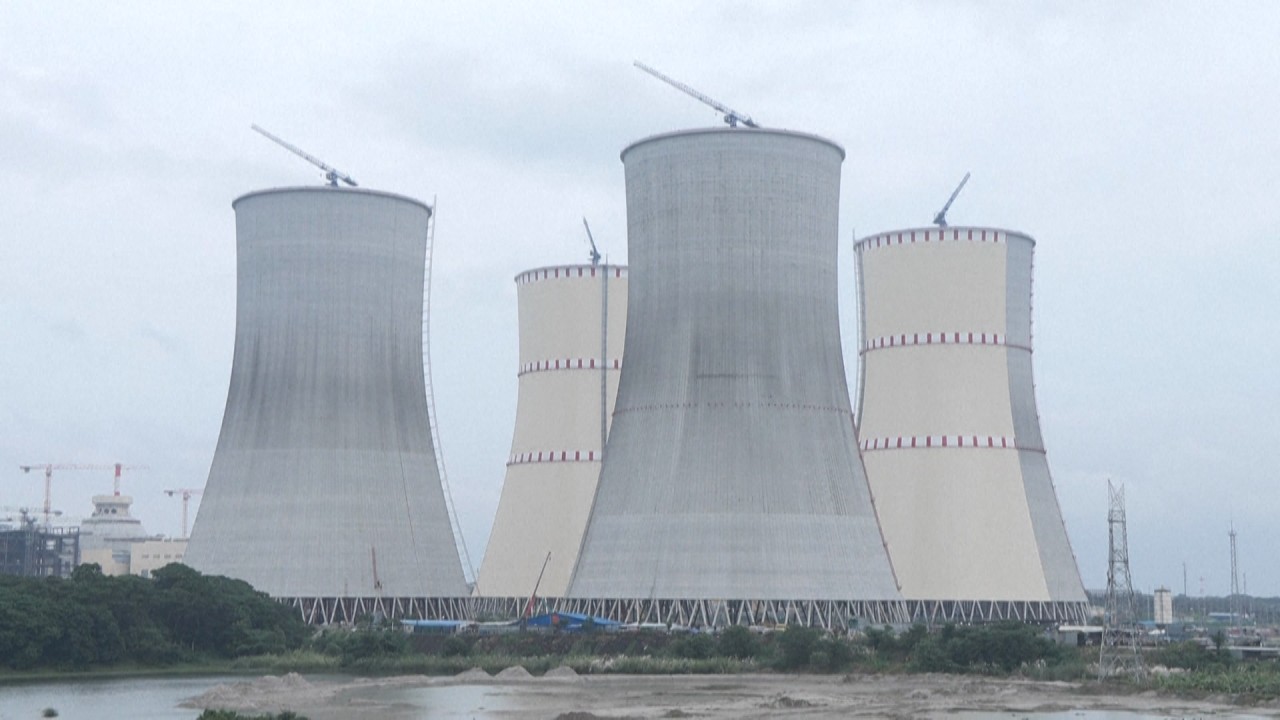Britain intends to become the first European country to produce an advanced uranium fuel that is currently commercially available only from Russia, the government announced on Sunday.
The UK government said it would invest £300 million (HK$3 billion) building a high-assay low-enriched uranium (HALEU) programme that would help “displace” Moscow from global energy markets.

“We stood up to (Vladimir) Putin on oil and gas and financial markets. We won’t let him hold us to ransom on nuclear fuel,” energy secretary Claire Coutinho said in a statement.
“This will be critical for energy security at home and abroad and builds on Britain’s historic competitive advantages,” she added.
HALEU fuel is needed to power many of the next generation of advanced nuclear reactors, including so-called small modular versions that the UK intends to use.
The fuel has a uranium-235 content of between 5 and 20 per cent, above the 5 per cent level that powers most nuclear plants currently in operation.
HALEU production has recently begun in the United States, but only a Russian facility manufactures the uranium on a commercial scale, according to the International Atomic Energy Agency.
Britain was one of more than 20 countries – including the United States, France and South Korea – that recently signed a pledge to triple global nuclear capacity by 2050 as part of international efforts to cut climate-damaging carbon emissions.
The British investment is part of plans to deliver up to 24 gigawatts of electricity from nuclear power by 2050, a quarter of the United Kingdom’s electricity needs.
The first plant will be in northwest England and is scheduled to be operational by the 2030s, the government said.

It hopes to get 95 per cent of Britain’s electricity from low-carbon sources by 2030, with full decarbonisation of the grid by 2035.
Further details on production targets and how the money would be spent are due to be set out in an as-yet unscheduled strategy paper.
The European Union and a US firm are also working on production.
Prime Minister Rishi Sunak came under fire recently for pushing back by five years to 2035 a ban on the sale of all petrol and diesel cars.
Critics said it would make achieving the UK’s target of net-zero emissions by 2050 more difficult.



